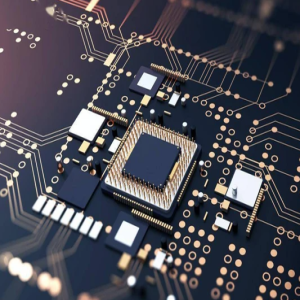
Integrated Process Control (IPC) is a system that integrates control technology and computer technology. It is mainly used in the field of industrial automation to achieve reliable control and monitoring of technological processes.
The IPC system passes the CS5532-ASZ Sensors, actuators, controllers, computers and other equipment are integrated together to achieve comprehensive monitoring, control and adjustment of the process. Specifically, the IPC system collects real-time process data through sensors, then processes and analyzes the data through the controller, and commands the actuator to adjust and control the process according to the set control strategy. As the core of the whole system, the computer is responsible for data processing, control algorithm calculation, data storage and other functions.
The IPC system has the following characteristics:
1. High reliability: Through comprehensive monitoring and control means, the IPC system can quickly detect process abnormalities and make corresponding adjustments in time to improve the stability and reliability of the process.
2. Efficiency: The IPC system uses computer technology to quickly process and analyze a large number of real-time data, achieve accurate control, and improve production efficiency and product quality.
3. Flexibility: IPC system can be flexibly configured and adjusted according to process requirements to adapt to different process processes.
4. Scalability: The IPC system has good scalability, and can add or replace various equipment and functional modules as needed to meet changing needs.
5. Data management: IPC system can realize the collection, storage and analysis of process data, and provide strong support for enterprise management decisions.
IPC system is widely used in chemical, petroleum, power, environmental protection, manufacturing and other industries. It plays an important role in industrial automation and intelligent manufacturing, can improve production efficiency, reduce costs, reduce human errors, and provide support for enterprises to achieve digital transformation.

